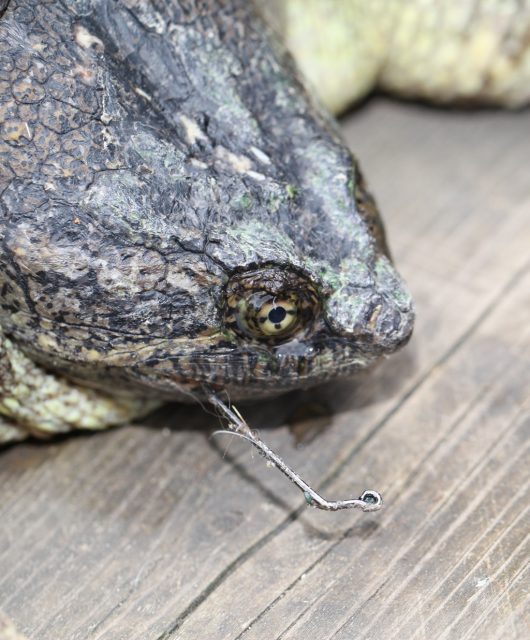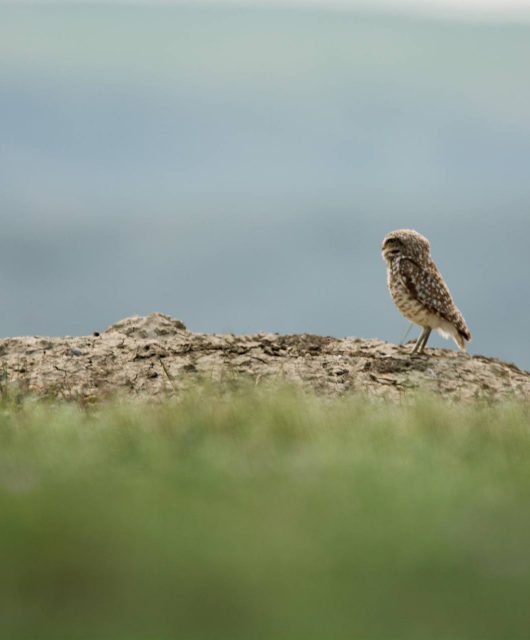In honour of Family Day let’s explore the strong family bonds in the animal kingdom.
Mommy’s Boys
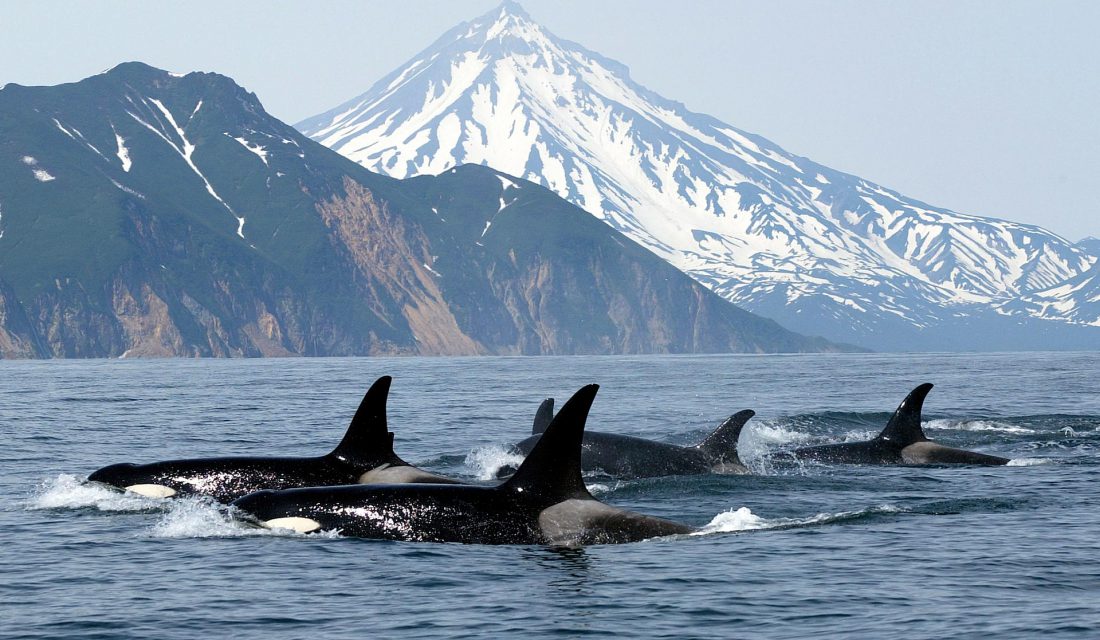
Did you know that female killer whales have the longest post-reproductive lifespan of any non-human species? They stop reproducing in their 30s and 40s but can live well into their 90s. Research has shown that the presence of a female in a group who no longer reproduces greatly increases the survival of the older offspring.
A little note about the social dynamic of a whale group: offspring will stay with their mother in a single group for their entire lives. When males mate, the mating female cares for the offspring in another group, whereas when females mate the young remain with her, increasing competition for resources within the group.
Theoretically females should have a better chance of spreading their genes if they focus their energy on their male offspring, and research has backed up this hypothesis. Male killer whales have been characterized as “mommy’s boys” who struggle to survive without their mothers’ help. A male killer whale’s chance of death increases 14-fold in the year following its mother’s passing. This increased need for mothers to care for their adult sons provides a strong explanation for why female killer whales experience such a long menopausal lifespan.
Foxing Around
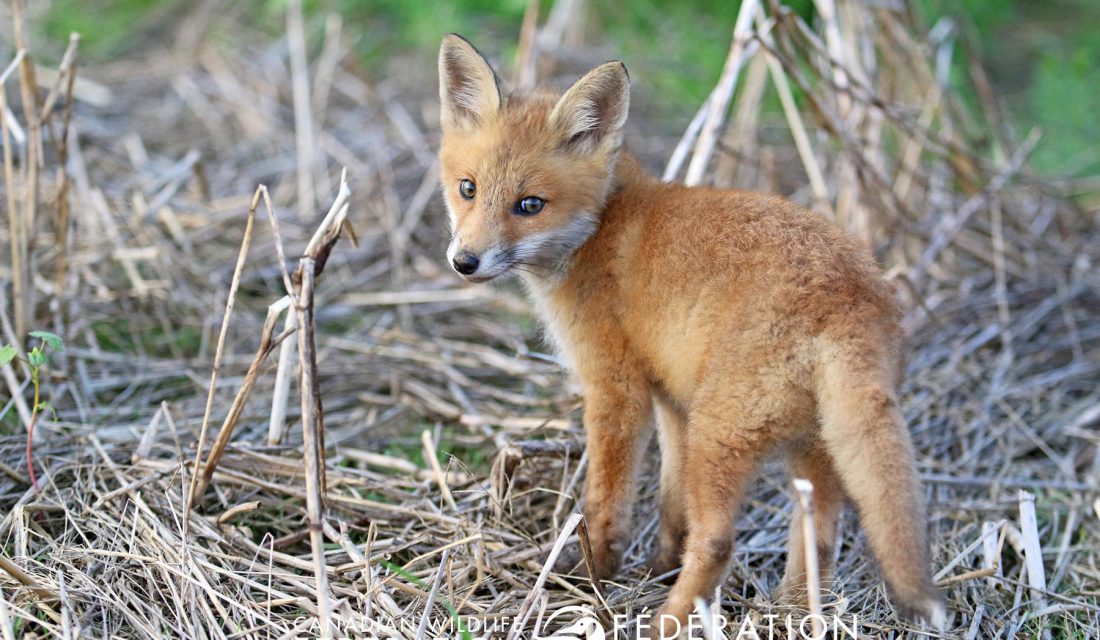 While female foxes stay in their dens to care for their newborns, males go out hunting and will bring back food for the whole family throughout the day. After three months, the cubs emerge from the den and the males will spend countless hours playing and teaching kits how to find food in the wild.
While female foxes stay in their dens to care for their newborns, males go out hunting and will bring back food for the whole family throughout the day. After three months, the cubs emerge from the den and the males will spend countless hours playing and teaching kits how to find food in the wild.
Scent of a Mother
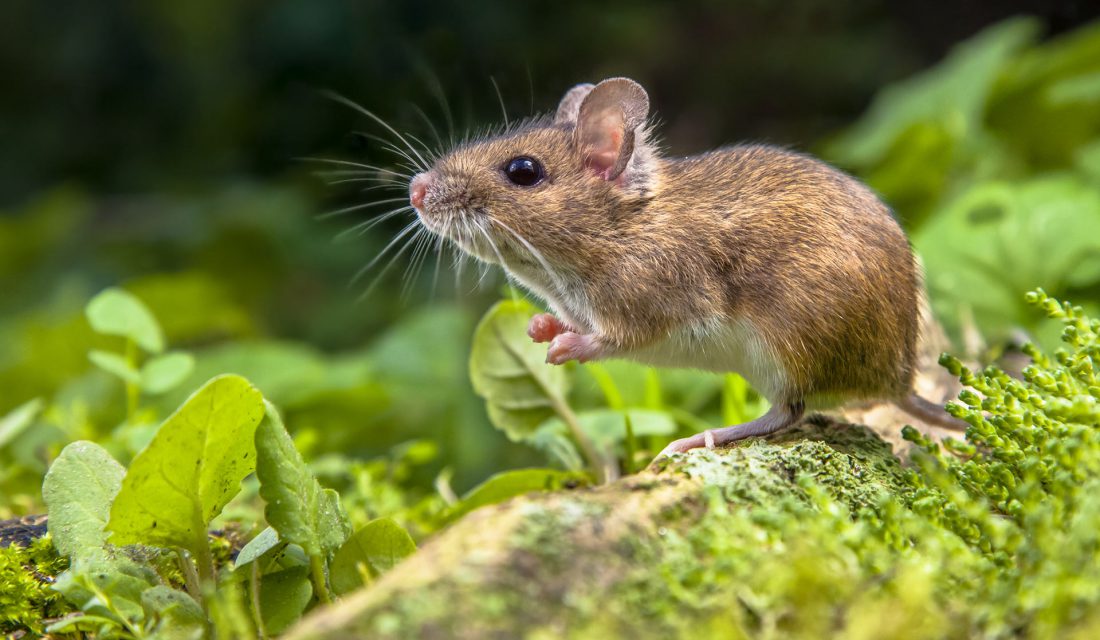 It is said that newborn human babies can recognize their mothers by scent immediately after birth, and studies have found that the same holds true for newborn mice pups. As mice are born blind, scientists were interested in discovering how newborns knew where to go to suckle. Originally it was thought that suckling was triggered by a pheromone that all female mice (and animals in general) emit; however, researchers found that each female mouse actually emits a signature perfume consisting of odours from the amniotic fluid. As it was the amniotic fluid that nourished and protected the young mice before they were born, they “learn” this scent blend and recognize it once they’re born. This scent is present around the mother’s nipple immediately following birth so that the newborns can find the nipple, successfully suckle for the first time and increase their chances of survival.
It is said that newborn human babies can recognize their mothers by scent immediately after birth, and studies have found that the same holds true for newborn mice pups. As mice are born blind, scientists were interested in discovering how newborns knew where to go to suckle. Originally it was thought that suckling was triggered by a pheromone that all female mice (and animals in general) emit; however, researchers found that each female mouse actually emits a signature perfume consisting of odours from the amniotic fluid. As it was the amniotic fluid that nourished and protected the young mice before they were born, they “learn” this scent blend and recognize it once they’re born. This scent is present around the mother’s nipple immediately following birth so that the newborns can find the nipple, successfully suckle for the first time and increase their chances of survival.
The Ultimate Protector
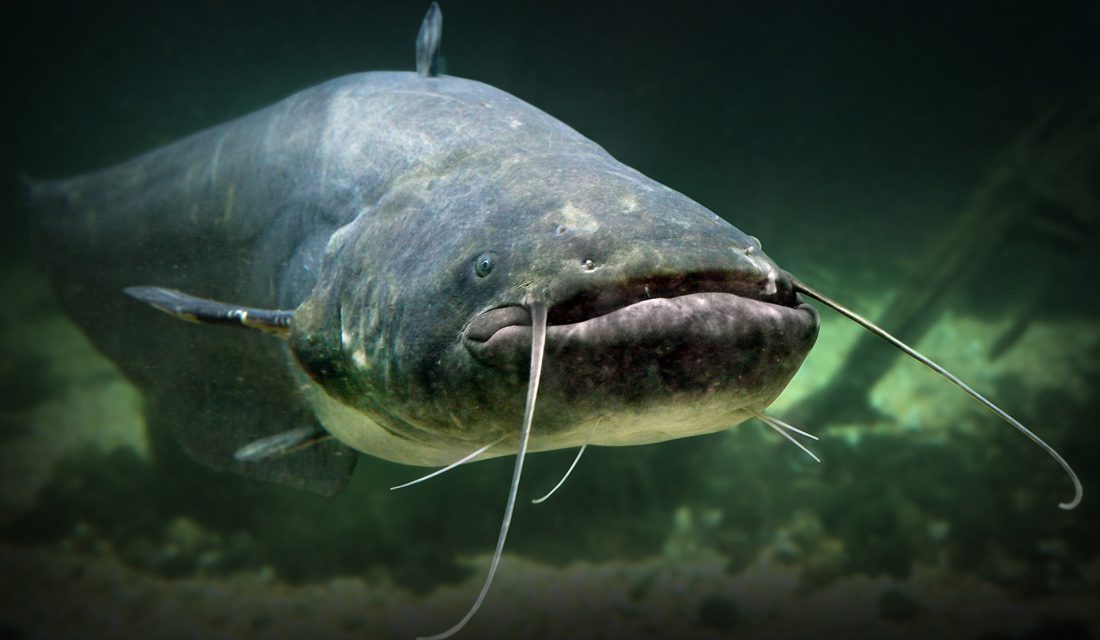 While many species of fish eat the eggs of their own offspring, male sea catfish will protect their eggs in their mouths for months. They may even keep the eggs in their mouths until they reach five centimetres long if they sense the environment around them is not safe. These dads will also forgo food in fear of accidentally swallowing one of his own.
While many species of fish eat the eggs of their own offspring, male sea catfish will protect their eggs in their mouths for months. They may even keep the eggs in their mouths until they reach five centimetres long if they sense the environment around them is not safe. These dads will also forgo food in fear of accidentally swallowing one of his own.

